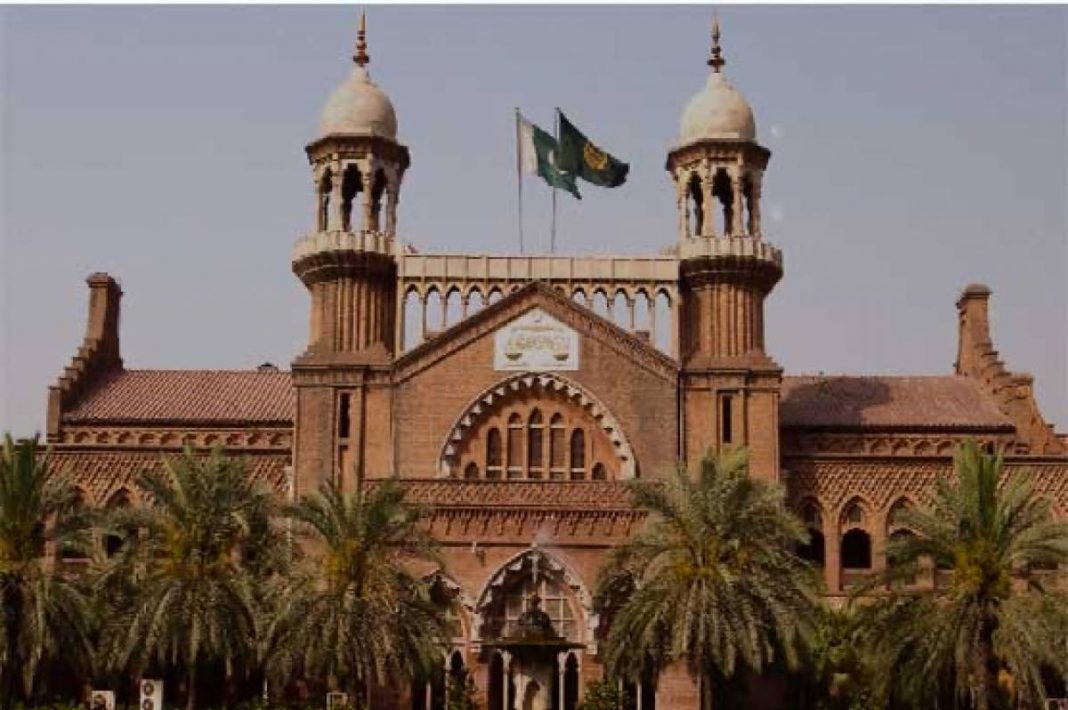LAHORE: The Lahore High Court has scheduled a hearing on May 15 for bail petitions filed by former prime minister Imran Khan in eight cases related to the May 9 riots.
A two-member bench headed by Justice Syed Shahbaz Ali Rizvi will preside over the hearing. The court has summoned the special prosecutor to present arguments during the proceedings.
Imran Khan filed the bail petitions through his legal counsel, Barrister Salman Safdar, seeking relief in cases related to the Jinnah House and Askari Tower arson incidents, among others.E
Earlier, The Lahore High Court (LHC) has dismissed former federal minister Fawad Chaudhry’s petition seeking the consolidation of all May 9-related cases filed against him across various cities.
A 16-page written verdict was issued by a two-member bench comprising Justice Syed Shahbaz Rizvi and Justice Tariq Saleem Sheikh, with the decision authored by Justice Tariq. The court ruled that cases lacking legal similarity cannot be merged for a joint trial.
The verdict elaborated that Fawad Chaudhry served as a federal minister during PTI’s tenure from 2018 to 2022, and following the ouster of the former prime minister, Imran Khan, via a no-confidence vote in April 2022, the party launched a resistance movement that threw the country into turmoil.
It stated that following the arrest of the Imran Khan on May 9, protests erupted nationwide, leading to attacks on military installations and public properties in major cities including Lahore, Karachi, Multan, Faisalabad, and Sargodha.
In Lahore alone, 11 FIRs were registered in connection with the violent protests. Fawad Chaudhry was allegedly implicated in these cases due to his social media statements.
The judgment clarified that Article 13-A of the Constitution applied only where a person has already been convicted or punished, and therefore could not be cited in this case, where the allegations were still under trial.
Justice Tariq further noted that under Section 239 of the CrPC, a trial judge may consolidate cases only if there are substantial similarities, but in this instance, the FIRs involved separate incidents, times, locations, and accused individuals. –Agencies




